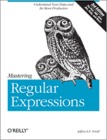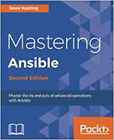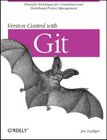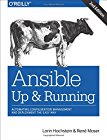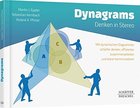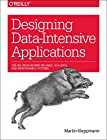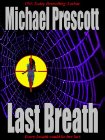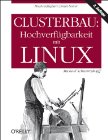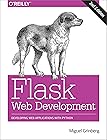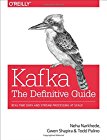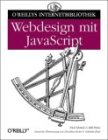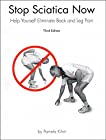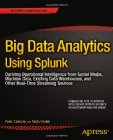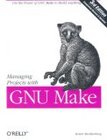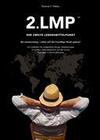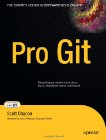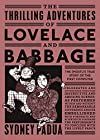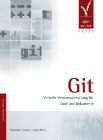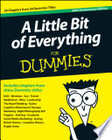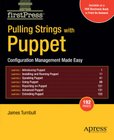
Once, when I picked up a book from the local library, the librarian asked to tell her what I thought about the book when I would bring it back. Well, why not write a few lines about all the books I read so everybody could see what I thought about it? I'm often also happy to have friends recommend a certain book or tell me this and that is not really worth reading. I won't comment about the tons of books I have read so far, but about books I read from now on.
| highly recommended | sehr empfohlen | |
| good reading | gutes lesematerial | |
| average | durchschnittlich | |
| not too interesting | nicht allzu interessant | |
| recommended not to read it | empfehlung das buch nicht zu lesen |














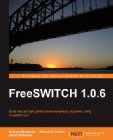



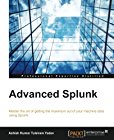










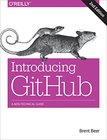
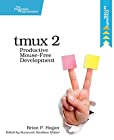















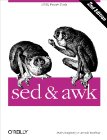































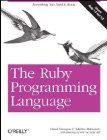

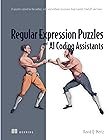






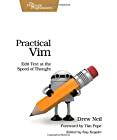






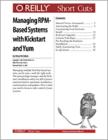



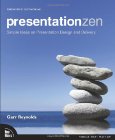

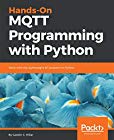

































 |
|
|---|---|
| title | Pulling Strings with Puppet |
| author | James Turnbull |
| ISBN-10 | 1-59059-978-0 |
| ISBN-13 | 978-1-59059-978-5 |
| ASIN | |
| rating | |
| date | 2009-Jun-22 |
Puppet, being a great tool for system administrators, unfortunately suffers, at least in my opinion, from a lack of good documentation. Sure, the wiki at reductivelabs.com has a good amount of information, but it is neither easy to read, nor complete and the structure is not suitable for learning the ropes.
Does this book fill the gap? Only partially. What struck me at first was the complete lack of an index. The index in 'Red Hat RPM Guide' is of poor quality, but still better than none at all. Very often the author references to the wiki at reductivelabs.com for further reading and more details. I really would have liked more depth in the book. Especially a more extensive coverage of the various types, functions and configuration items used by puppet, including samples, would be in order, possibly in a separate chapter. Even if this meant duplicating much of the information in the wiki, it would avoid having to switch back and forth bewteen the book and the online reference.
On the bright side, Turnbull's writing style is easy to read. What is covered in the book mostly is explained by showing a sample followed by text explaining what's going on in the sample code. This makes it easy for newcomers to follow along. This covers mainly the basics plus some first steps beyond. I'm sure with puppet you can do much more, but here we're on our own again.
If you are new to puppet, get the book; it will help you get up to speed more quickly than the wiki. If you have puppet up and running with basics only, you might get some ideas from the book on how to get beyond the basics. If you are a slightly advanced puppeteer already you'll probably not gain anything from reading this book.
I'm still waiting for a good book on puppet, but meanwhile this is probably the best you can get and thus it gets a small bonus in my rating simply for the fact of being available.








